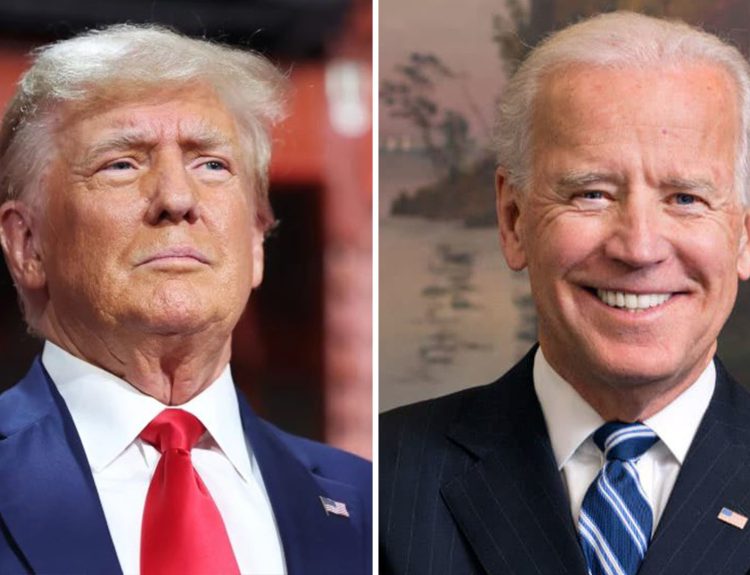In a ruling that calls into question numerous death penalty convictions in Alameda County, a federal judge found “strong evidence” that prosecutors there made a conscious effort to keep people off of juries based on their race and religion.
A Monday order by U.S. District Judge Vincent Chhabria suggests evidence of this systemic racism and antisemitism was hiding in plain sight, within the case file for a death row inmate named Ernest Dykes, in the form of prosecution notes from Dykes’ 1995 jury trial.
Federal Judge Finds Evidence of Racism in Alameda County Death Penalty Cases
In a shocking turn of events, District Attorney Pamela Price announced that her office uncovered evidence of systemic racism within the Alameda County DA’s office.
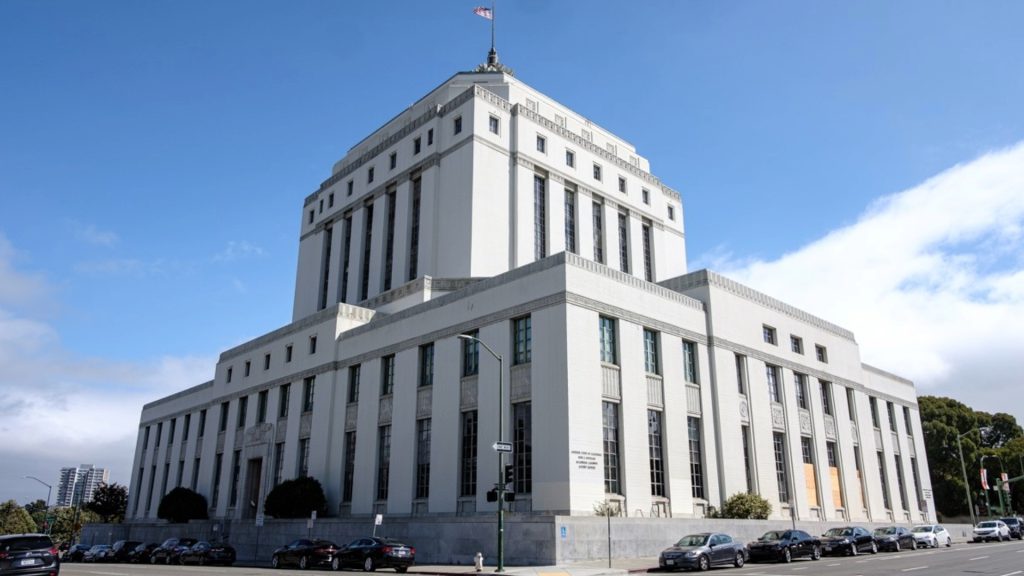
“Any practice by prosecutors to eliminate potential jurors based on their race betrays that core pillar of the criminal justice system,” Price said at a news conference.
Prosecutors’ Notes Reveal Bias Against Black and Jewish Jurors
During jury selection for Ernest Dykes’ 1995 trial, prosecutors took copious notes describing potential jurors.
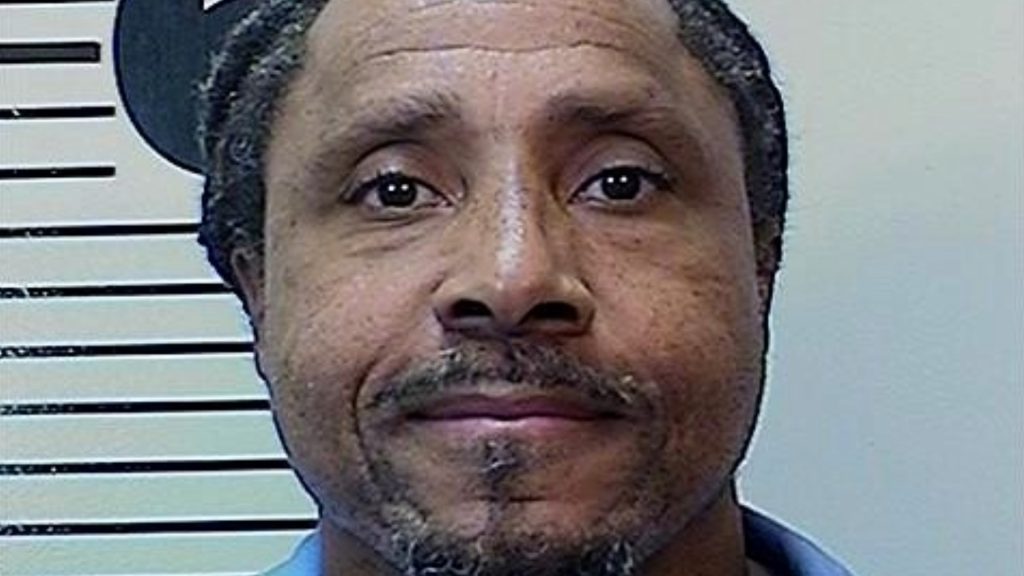
Years later, these notes were uncovered and found to contain racist and antisemitic language targeting Black and Jewish candidates.
Uncovered Juror Notes
The notes refer to one juror candidate as “a short, fat troll” and specifically note others as “Black” or “Jewish.”
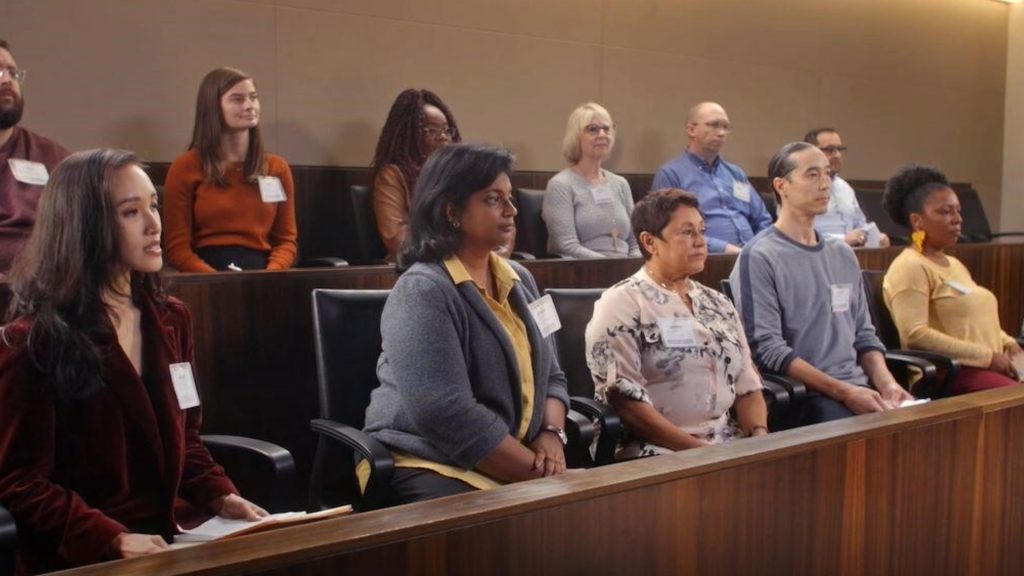
One note comments that a candidate “supports Affirmative Action.” These discoveries suggest that prosecutors deliberately and systematically excluded Black and Jewish citizens from serving on the jury.
At Least 35 Death Penalty Convictions May Have Been Tainted
A concerning discovery has come to light that at least 35 death penalty convictions in Alameda County were potentially tainted by racism and antisemitism.
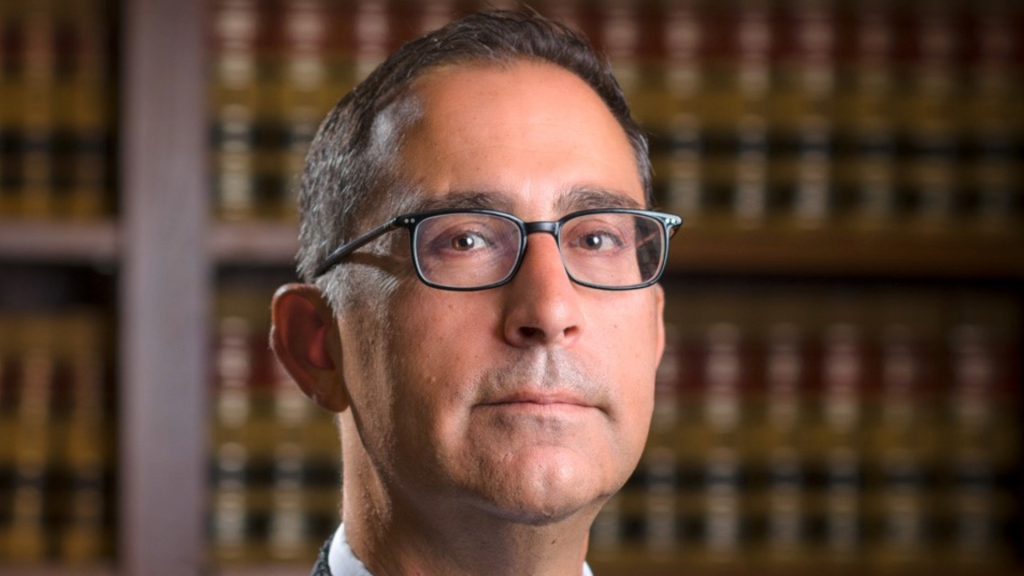
According to U.S. District Judge Vincent Chhabria, there is “strong evidence” that prosecutors deliberately excluded Black and Jewish individuals from juries.
Review of Past Convictions
In response to these troubling findings, newly elected District Attorney Pamela Price has pledged to review all death penalty convictions for signs of discrimination.
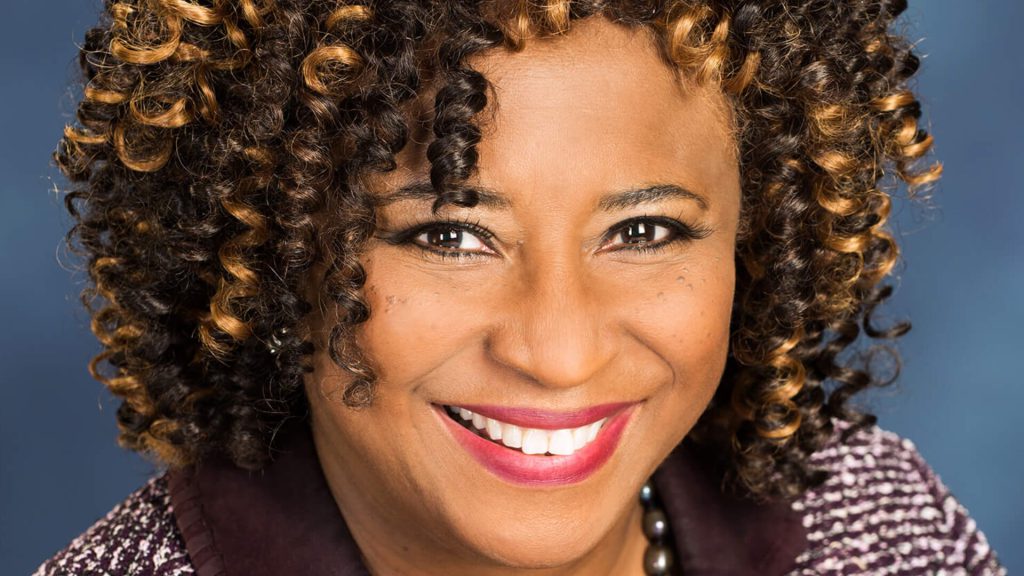
She considers this an “ethical obligation” to correct this violation of Constitutional rights. The review will likely span back to 1977 and take significant time.
Over Turning any Convictions Will Be An Uphill Battle
Overturning convictions is difficult, even with evidence of rights violations. But for Price, investigating past injustices is a moral duty. “This is not about politics,” she said.

“It’s about ethics.” If her review finds discrimination led to wrongful convictions, she will ask the courts to re-examine those cases. Some could face retrials, reduced sentences, or even exoneration and release.
Barring Jurors Based on Race Is Unconstitutional
Excluding jurors due to race, ethnicity, or religion deprives defendants of their right to be tried by a jury of their peers. It also violates the rights of citizens to participate in the justice system without facing discrimination.
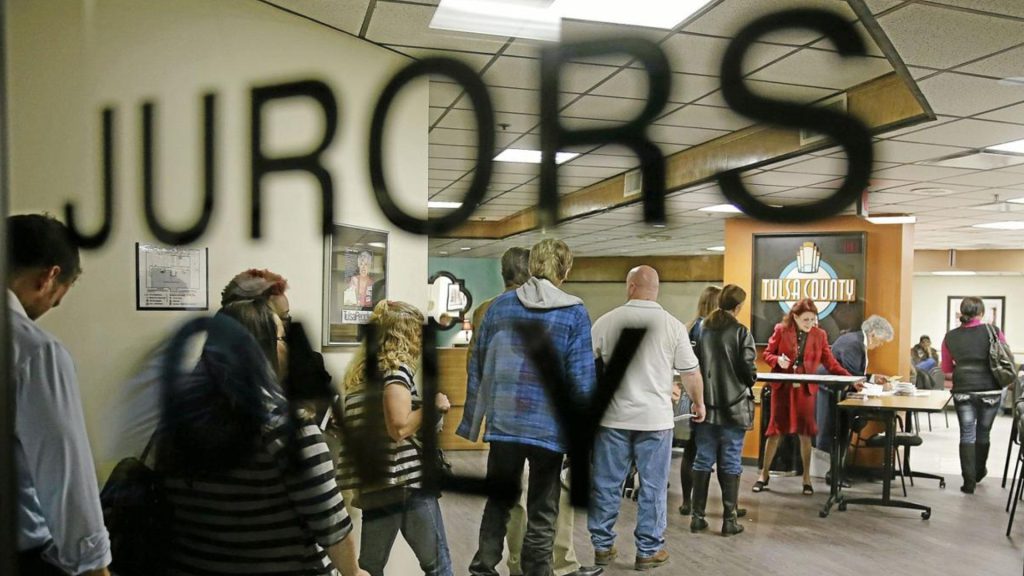
As District Attorney Price said, “Any practice by prosecutors to eliminate potential jurors based on their race betrays that core pillar of the criminal justice system.”
But Evidence of Discrimination Is Hard to Prove
Prosecutors are given latitude in dismissing potential jurors, and courts grant them “presumptions of proper motive and good faith.”
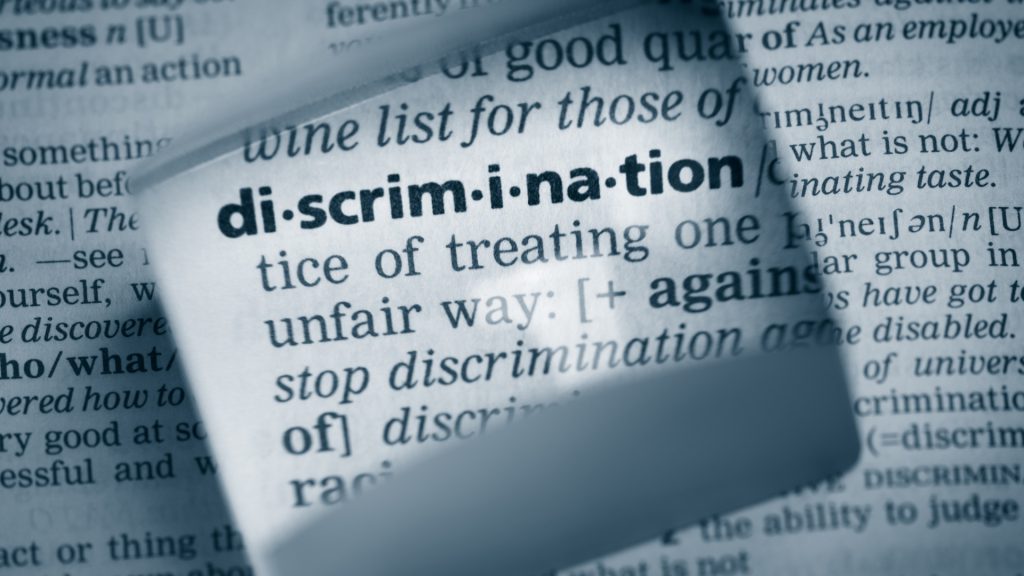
To overcome this presumption, defendants must show that prosecutors’ reasons for dismissing jurors were merely pretexts for discrimination.
Discriminatory Intent Is A Viable Bust Still Hard To Prove
Some argue that discriminatory intent can still be hard to prove, even with records. Prosecutors can cite multiple reasons for dismissing a juror, not all based on race or religion.

They can also devise “race-neutral” reasons to justify their decisions. While the Dykes notes point to misconduct, they may not definitively prove that every dismissal of a Black or Jewish juror was motivated by discrimination.
The Dykes Case Brought the Issue to Light
The disturbing revelations that came to light in Ernest Dykes’ case in 2023 shed light on a much larger issue of systemic racism and antisemitism within Alameda County’s justice system.
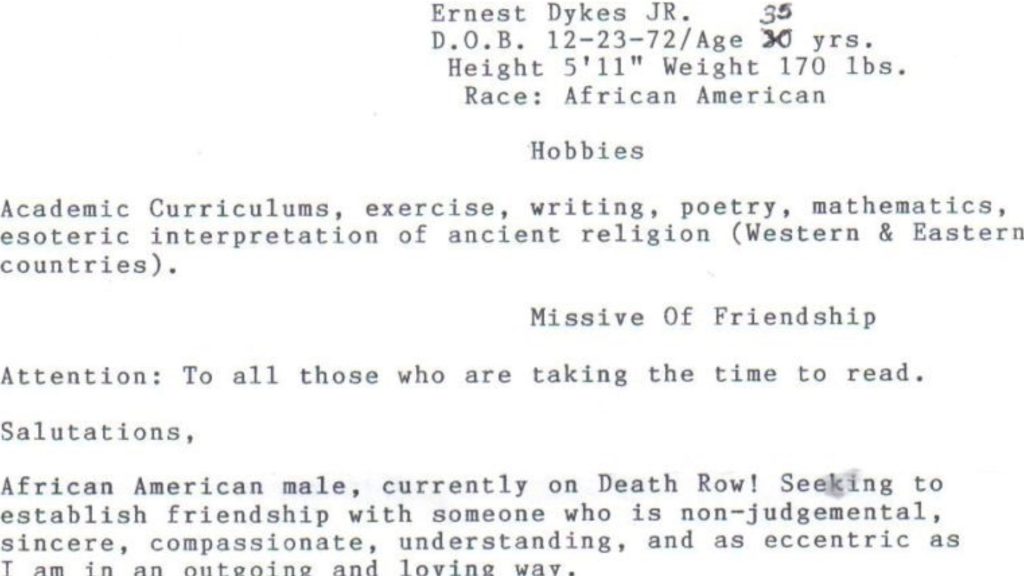
According to the federal judge’s ruling, the prosecution notes found in Dykes’ case file provided “strong evidence” that prosecutors deliberately excluded potential Black and Jewish jurors in death penalty trials going back decades.
Undermining The Criminal Justice System
When prosecutors deliberately exclude potential jurors based on their race or religion, it undermines the fairness and integrity of the entire criminal justice system.
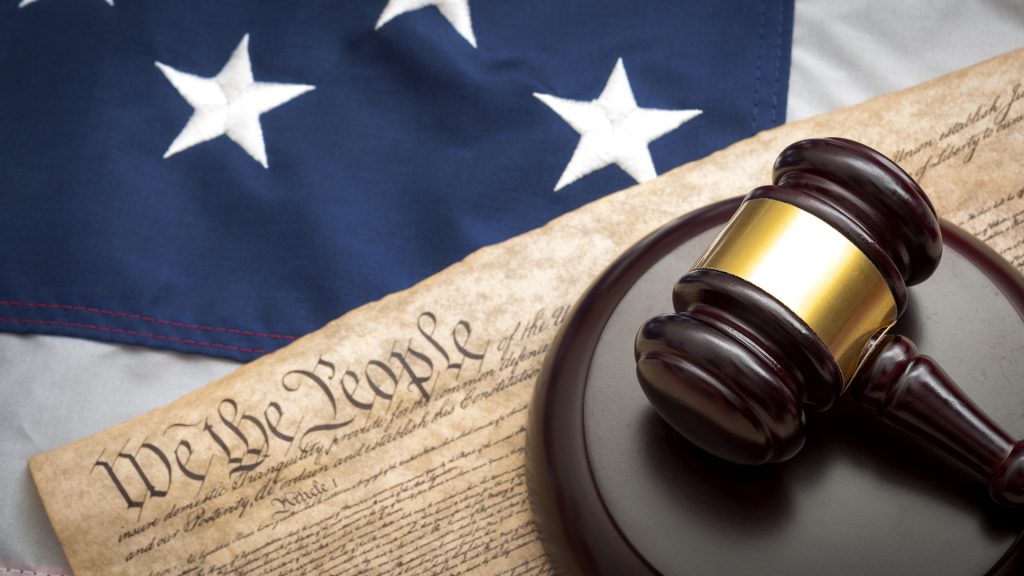
According to Judge Vincent Chhabria’s ruling, evidence suggests prosecutors in Alameda County engaged in a pattern of misconduct by automatically excluding Jewish and African American jurors in death penalty cases for decades.
Discrimination Is Hard to Prove, and Alameda is Not The First
Barring jurors due to their race or religion violates the Constitution. However, evidence of discrimination is often hard to prove.
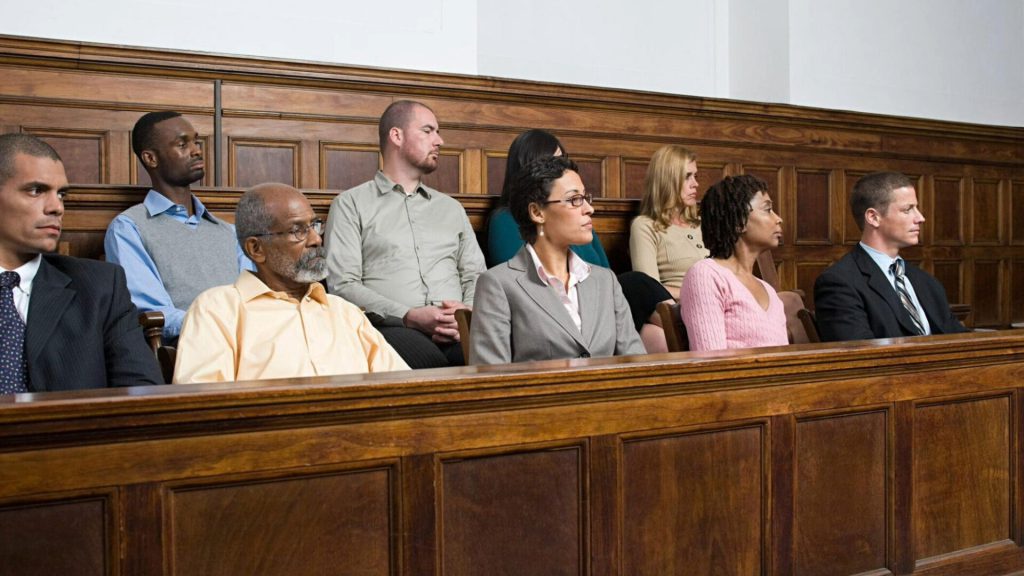
In 2019, a California appeals court ruled that a prosecutor who excluded every Black person from a jury pool acted legally.
Racism Taints The Administration of Justice
The potential for racism to taint the administration of justice is especially troubling in death penalty cases. Discrimination at any stage risks subjecting defendants to cruel and unjust punishment, undermining the moral authority of the death penalty itself.
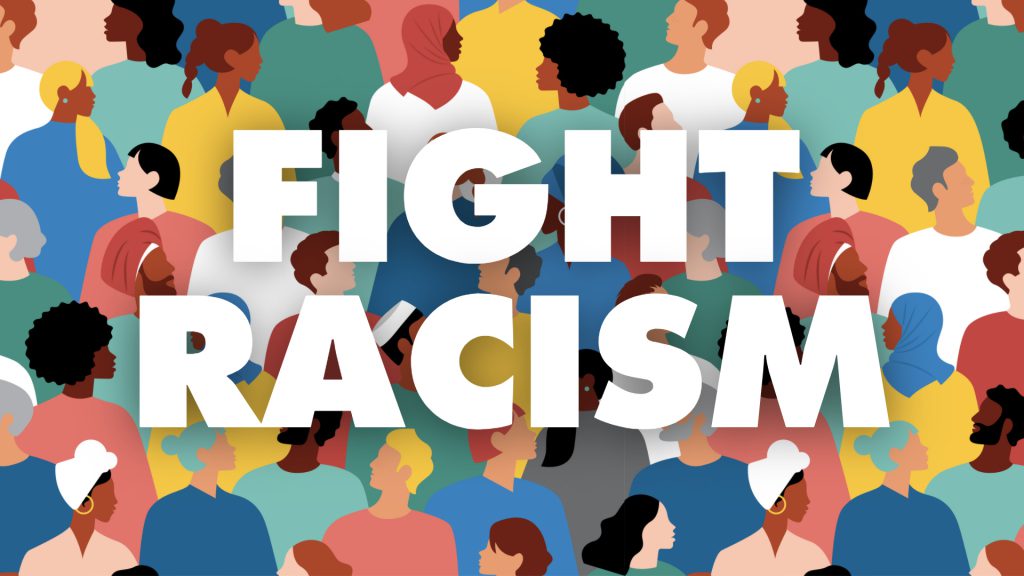
For Ernest Dykes and 34 others, evidence of racial bias could mean the difference between life and death. The review gives hope that justice delayed need not be justice denied.
Racism and Antisemitism Have No Place in the Justice System
Though racism and antisemitism have no place in the justice system, their ugly presence in Alameda County’s death penalty convictions is now coming to light.
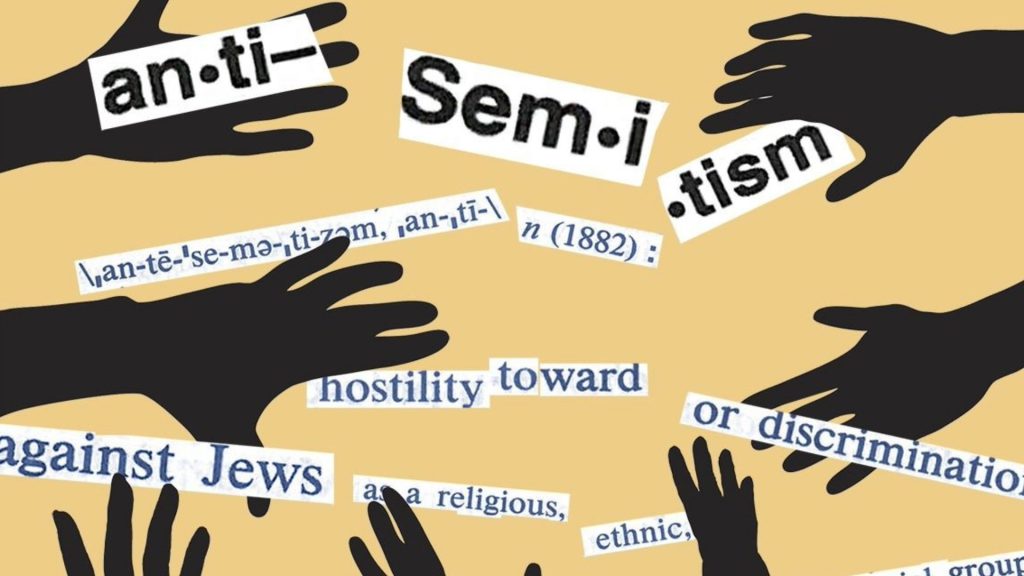
As District Attorney Price conducts her promised review of potentially tainted convictions, the hope is that truth and justice will prevail.




